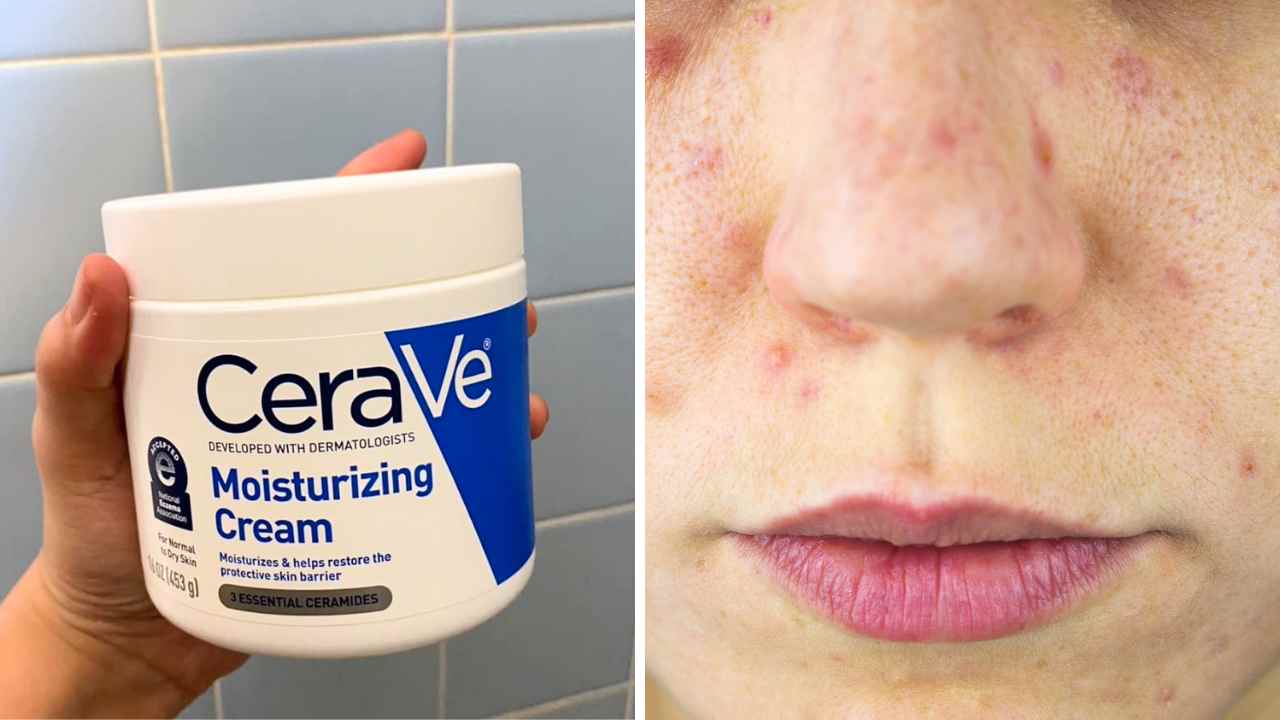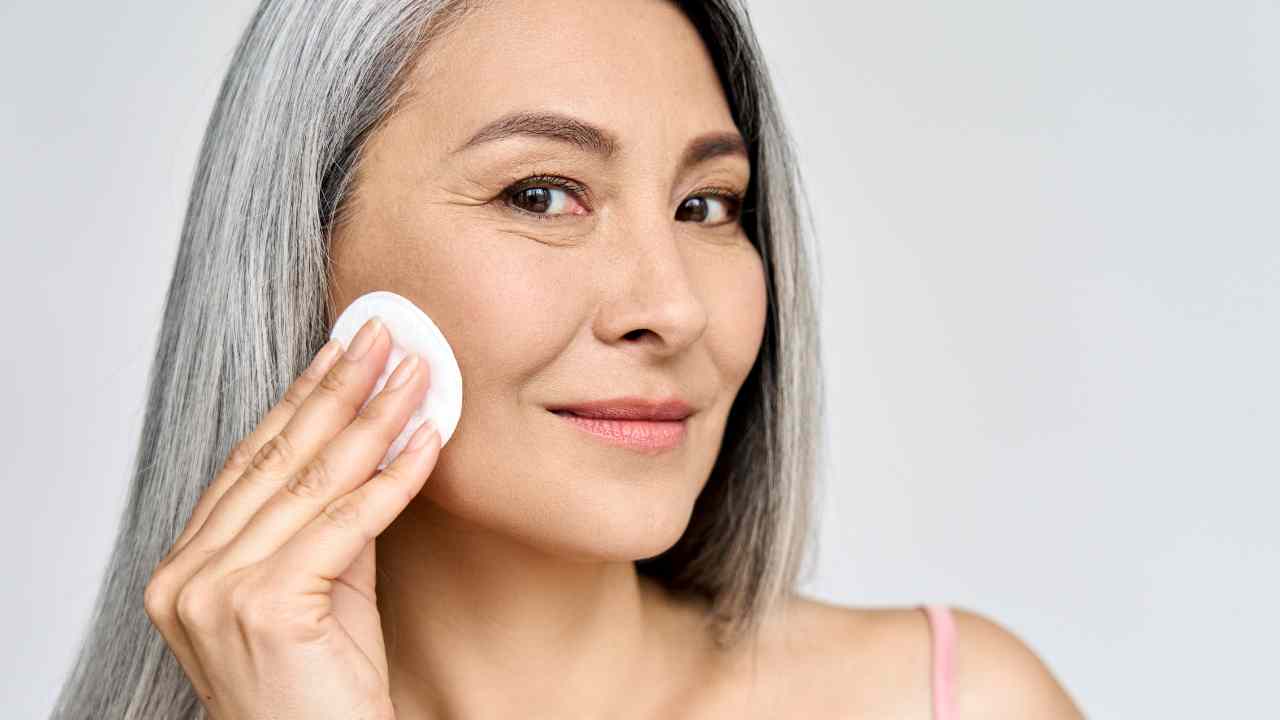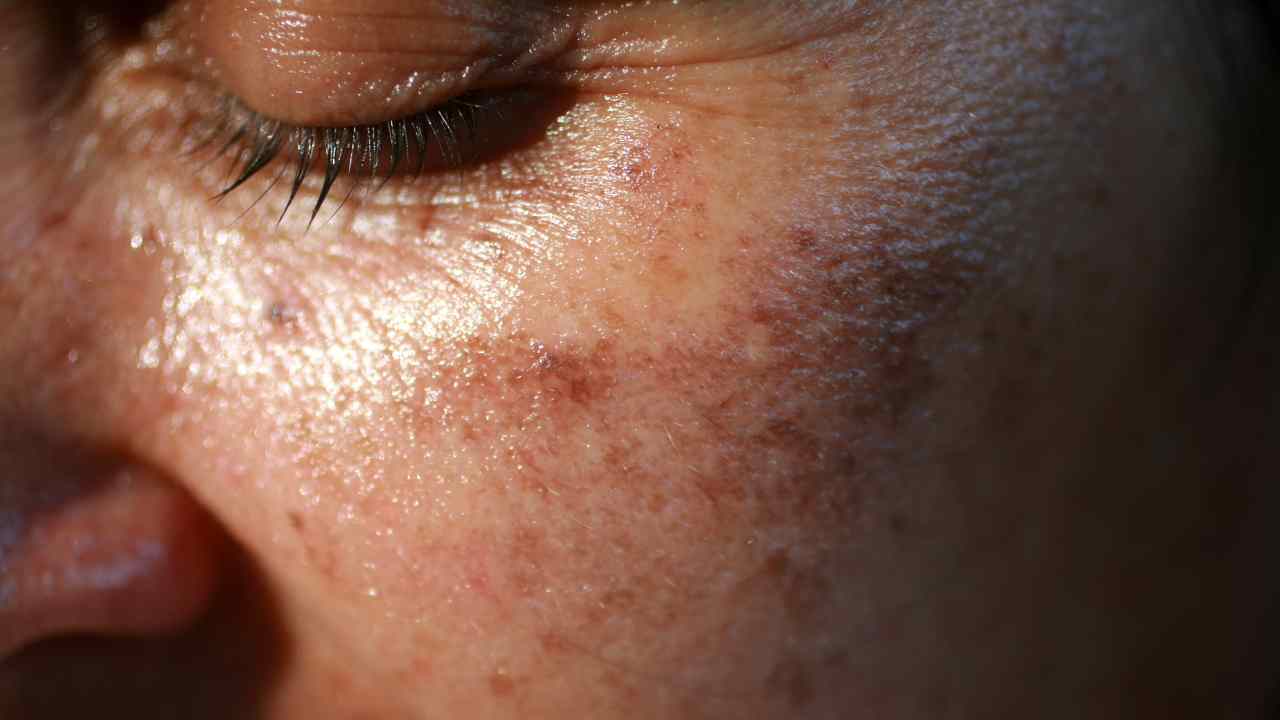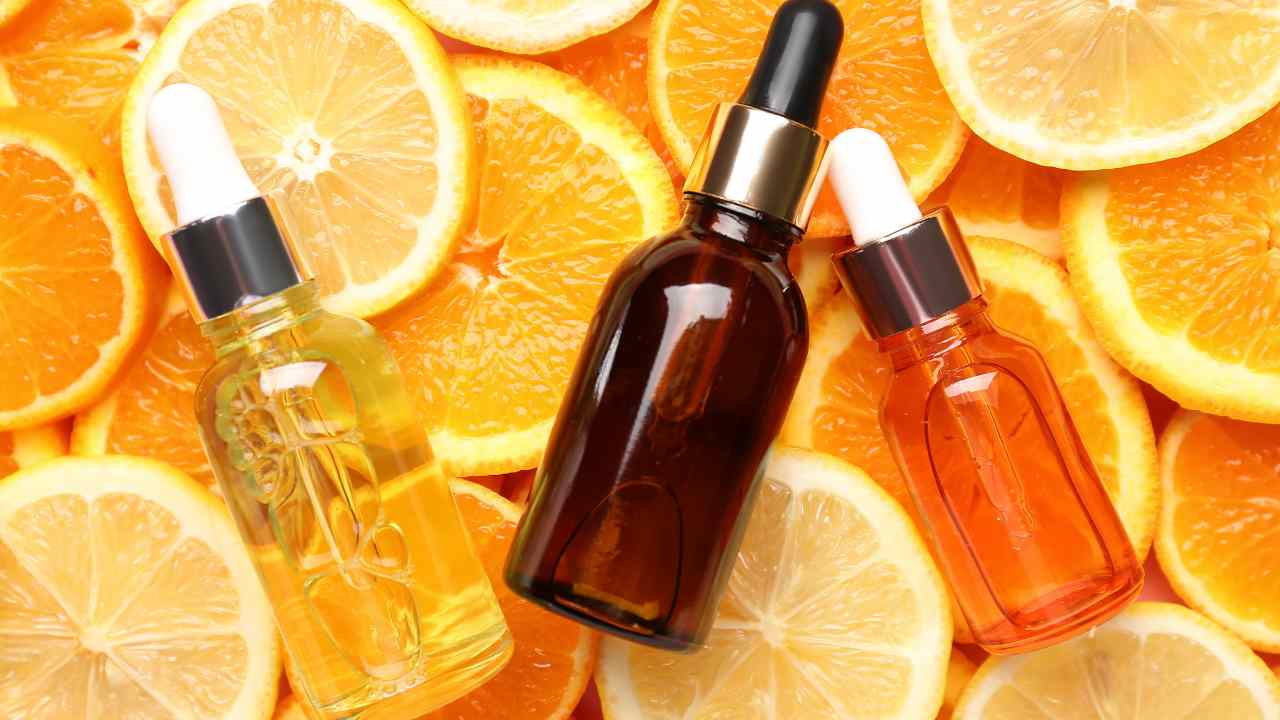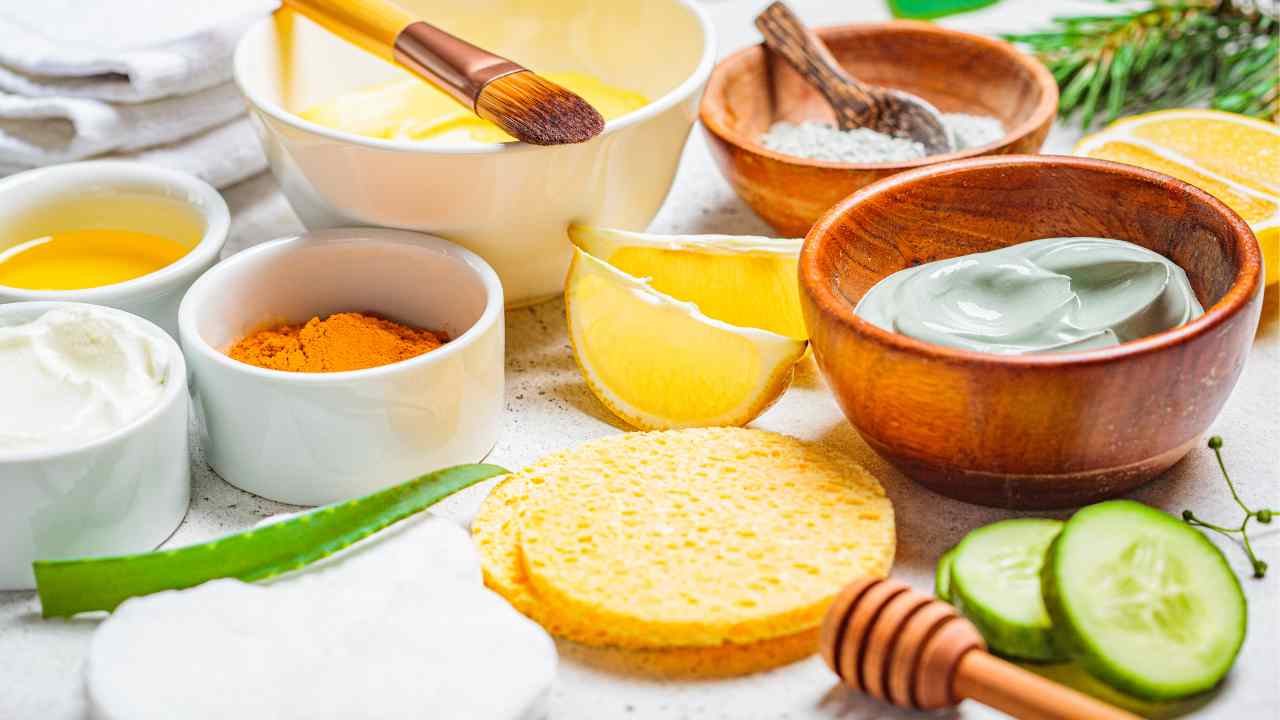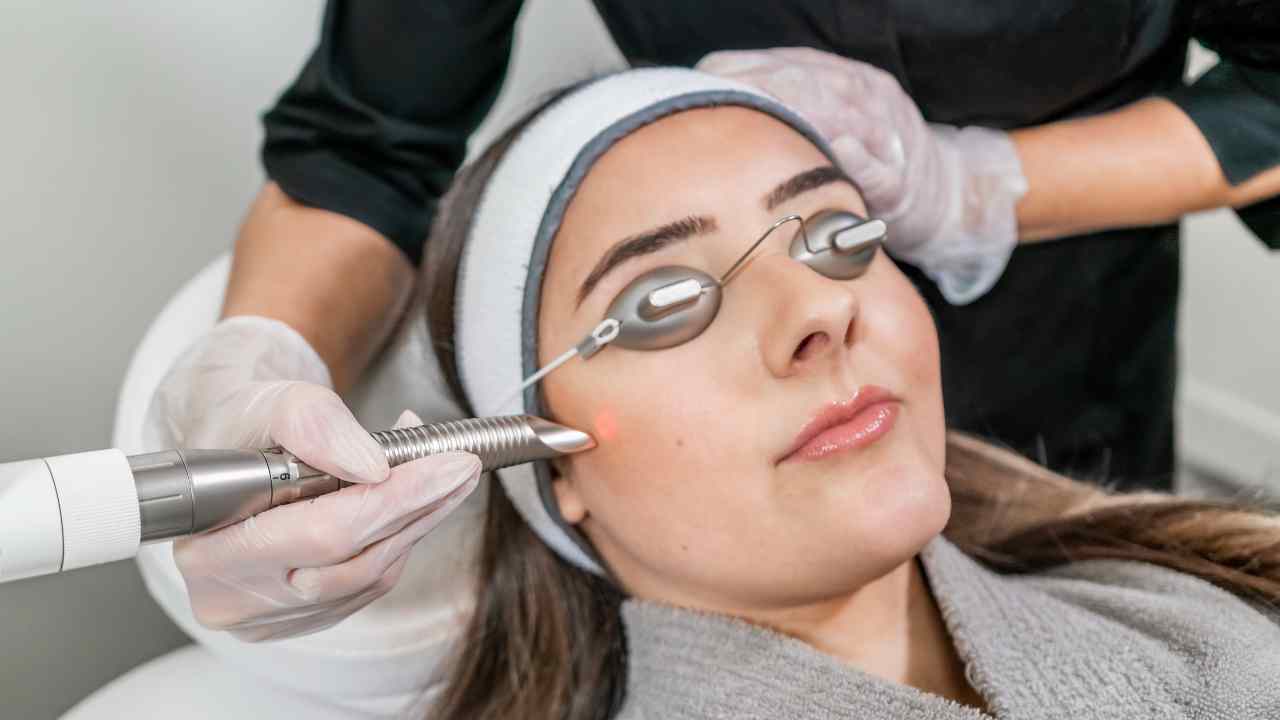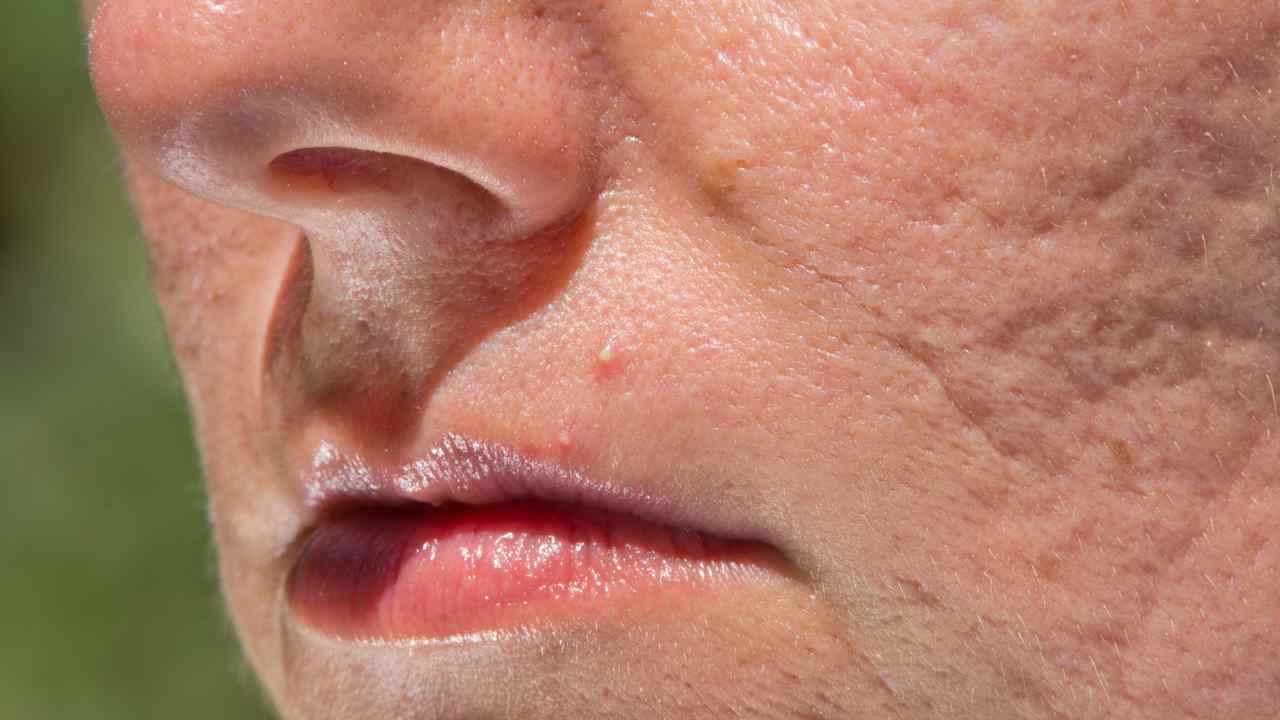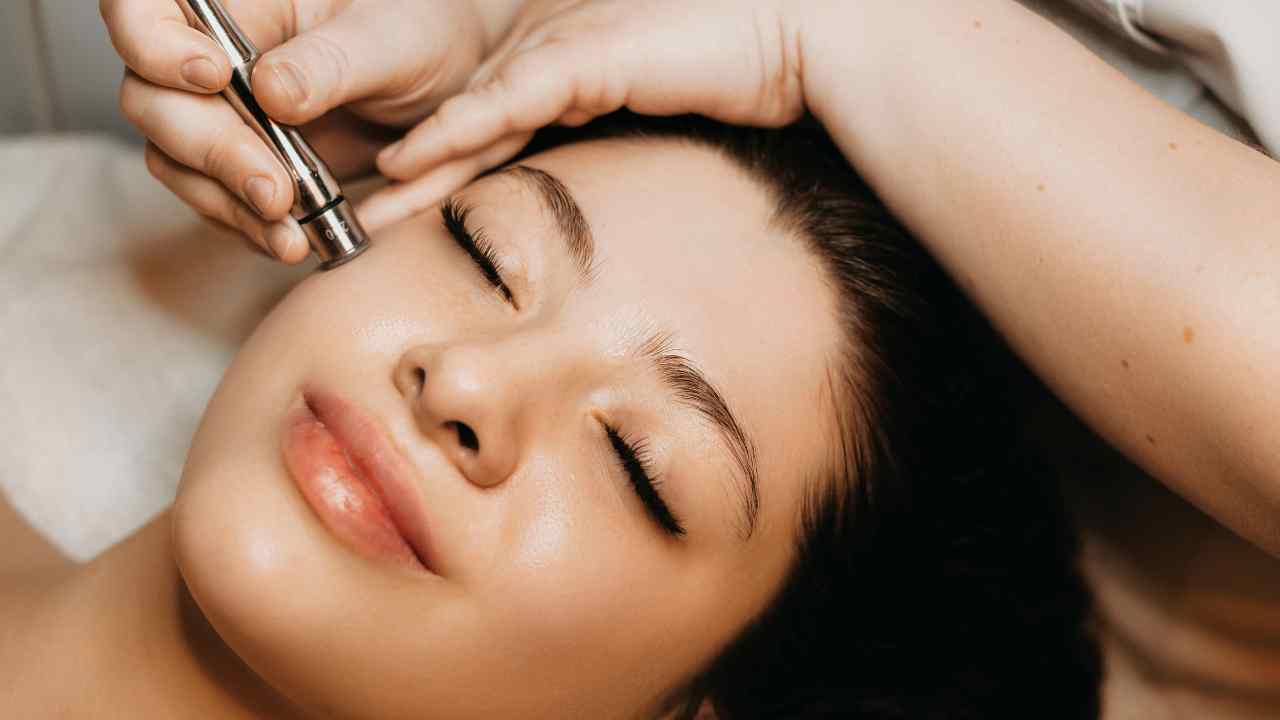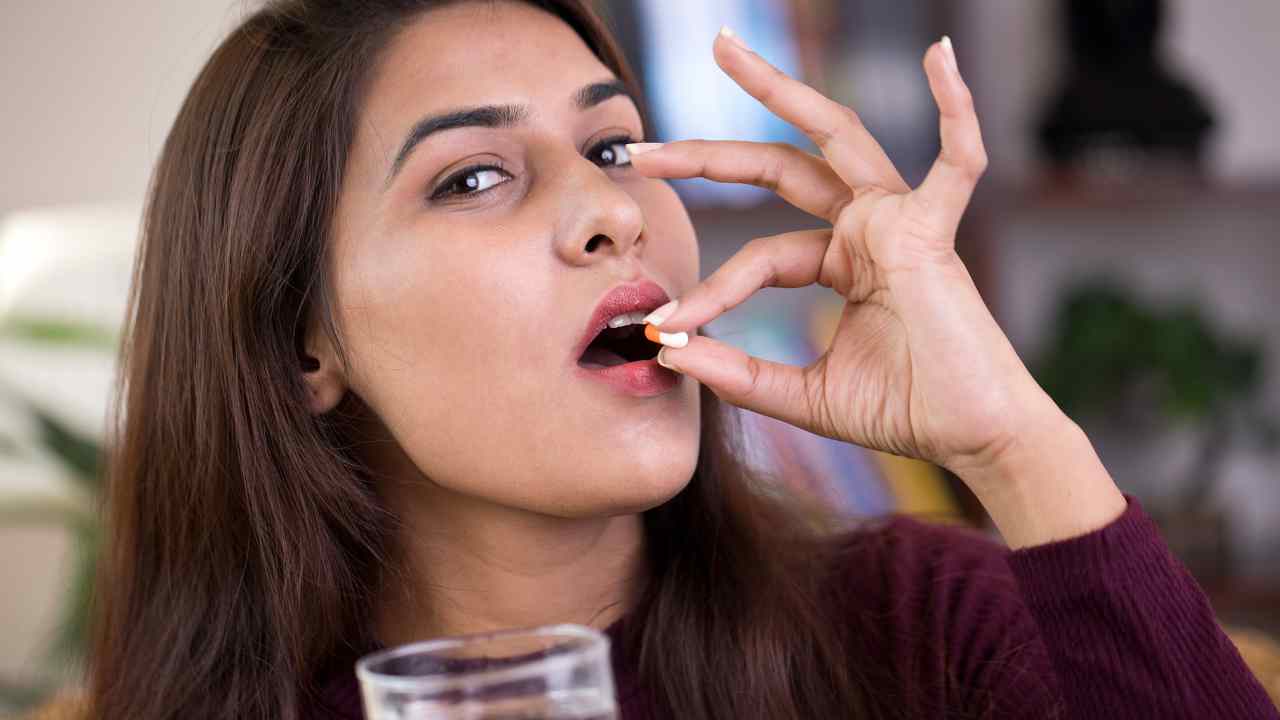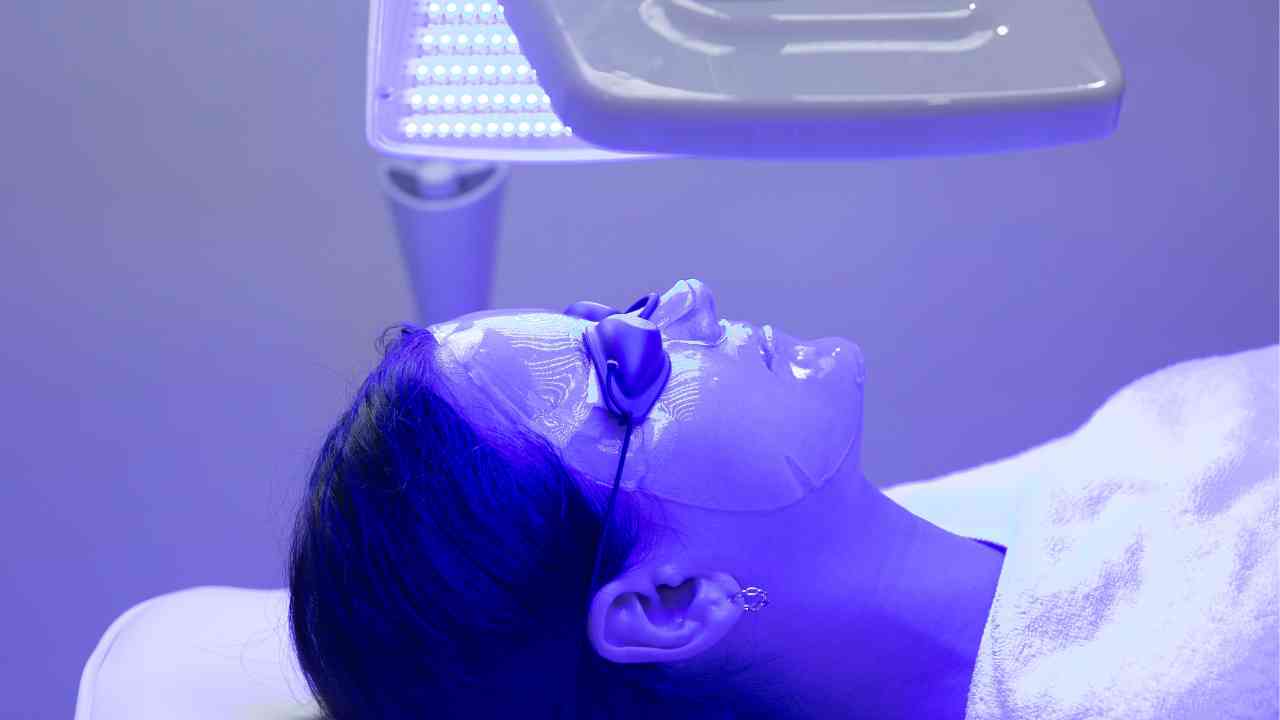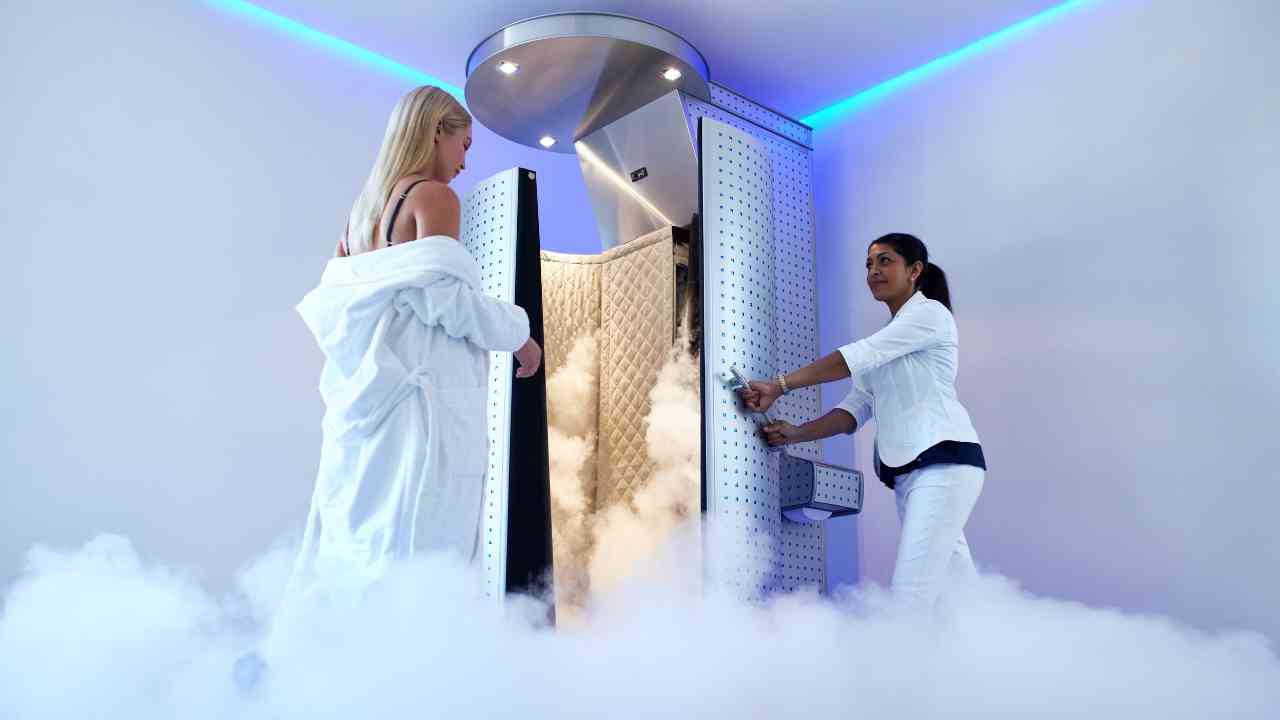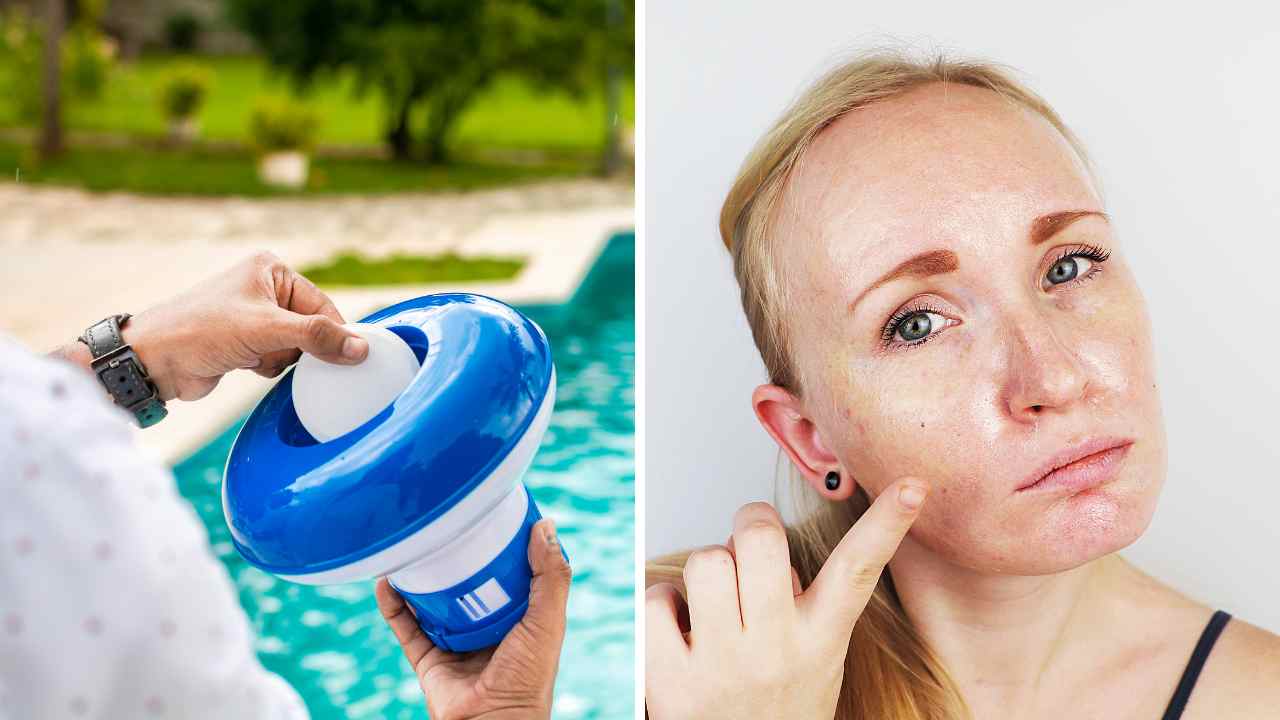
Summer Skincare Secret: Does Chlorine Help Acne?
As summer approaches, many of us eagerly look forward to spending time in swimming pools to beat the heat.
However, if you're one of the millions dealing with acne, you may wonder how chlorine, the chemical commonly used to disinfect pools, can affect your skin. Will it make your acne worse?
While it’s mostly known for its hard cleaning power to keep pools and hot tubs looking crystal clear, people are wondering if a dip in the swimming pool will improve their acne. Find out what science says about it in this post!
Understanding Acne and its Causes
Before we explore the potential effects of chlorine on acne, it's essential to have a basic understanding of acne and who gets it.
Who doesn’t get acne?! Acne is extremely common and affects almost everyone at some point in their lives, even those who take excellent care of their skin. But what exactly causes it?
Acne is caused by a combination of factors related to hormones, genetics, lifestyle choices, and the environment. Hormones play a major role in giving rise to acne since they stimulate the production of sebum which can block pores and lead to breakouts.
Genetics are also important since certain individuals may be predisposed to more oily skin or have an allergic response that triggers flare-ups.
Lifestyle choices can also affect acne such as stress levels, diet, hygiene practices (or lack thereof).
Finally, environmental factors like air quality can cause breakouts due to clogged pores from bacteria or pollutants.
It’s important to remember that while teenage years usually bring about the worst form of acne for many people (a period known as mid-adolescence), it’s not just teenagers who get affected – adults can suffer from it too!
That said there are different types of acne depending on the kind of blemish one has: blackheads/whiteheads (noninflammatory) or pimples/cysts/nodules (inflammatory).
It’s always best to consult with a dermatologist if you ever find yourself dealing with any type of blemish so they can accurately diagnose your condition and provide appropriate treatment options for effective management.
Overall this means that regardless if you're young or old, everyone could potentially experience an occasional outbreak!
What's the Deal with Chlorine?
Chlorine is a chemical widely used in swimming pools and hot tubs to keep the water clean and free from harmful bacteria and algae growth.
Chlorine has antibacterial properties and acts as a disinfectant, killing microorganisms and preventing the spread of waterborne diseases. It's also used in water treatment to purify and sterilize drinking water.
While chlorine is effective in maintaining pool hygiene, its interaction with the skin is where the concerns about acne arise.
Can Chlorine Reduce Acne Breakouts?
Now, let's answer the big question. Can chlorine actually hep your acne issue? Maybe! Here are a few benefits that chlorine could have on your acne prone skin.
Drying Effect
Chlorine has a drying effect on the skin. It can strip away the skin's natural oils, which may temporarily reduce oiliness in acne-prone skin.
This drying effect can make the skin feel tight and may give the appearance of clearer skin.
However, prolonged chlorine exposure can disrupt the skin's moisture balance and potentially lead to dryness, irritation, and increased oil production as the skin tries to compensate for the loss of moisture.
Disinfectant Properties
Chlorine's disinfectant properties can help kill bacteria on the skin's surface. Bacteria, such as Propionibacterium acnes, play a role in acne development. By reducing bacterial presence, chlorine may have a positive impact on acne in some cases.
However, prolonged exposure of chlorine can kill both good and bad bacteria which can throw your skin's ph balance off.
Irritation and Sensitivity
Chlorine can cause skin irritation and sensitivity in some individuals. People with sensitive skin or already compromised skin may experience increased redness, itching, or inflammation after swimming in a chlorinated pool. These reactions can potentially worsen existing acne and skin conditions or trigger new breakouts.
We checked in with the Team Acne YouTube channel about this topic. They found some pretty interesting information on the topic.
Precautions and Tips for Swimming with Acne
Pre-swim Skincare Routine
Before swimming, cleanse your face with a gentle pore cleanser to remove dirt, excess oil, and any makeup. This can help minimize the amount of impurities on the skin's surface that could interact with chlorine.
Moisturize Before and After Swimming
Apply a thin layer of a lightweight, oil-free moisturizer before swimming to create a barrier between your skin and the chlorinated water. After swimming, rinse off with fresh water and reapply moisturizer to replenish lost moisture and restore the skin's hydration.
Immediately Shower After Swimming
Rinse your body and face thoroughly with fresh water immediately after swimming to remove any residual chlorine from the skin. This can help minimize potential drying and irritation effects.
If you can follow this with your regular skincare routine, even better. Don't forget to moisturize your skin. You can even apply a little hyaluronic acid or niacinamide first. Then follow with a moisturizer that is safe for acne prone skin.
Protect Your Skin
Consider wearing a swim cap or using a waterproof sunscreen to provide an additional protective layer for your skin. This can help reduce direct contact between your skin and the chlorinated water.
Hydrate from Within
Stay hydrated by drinking plenty of water before, during, and after swimming. Proper hydration supports overall skin health and can help counterbalance the drying effects of excess chlorine on your skin. It's always important to stay as hydrated as possible, especially if you're spending all afternoon at the pool.
Consulting a Dermatologist
If you have concerns about the impact of chlorine on your acne or if you experience persistent skin irritation after swimming, it's advisable to consult a dermatologist.
They can evaluate your specific situation, provide personalized recommendations, and guide you on how to manage your acne effectively while enjoying swimming activities.
Your dermatologist can create a treatment plan based on the condition of your skin. This may include a skincare routine that includes special acne treatment ingredients such as salicylic acid, glycolic acid, benzoyl peroxide, or tretinoin.
Ready to Dive In?
While it's important to take precautions such as pre- and post-swim skincare and moisturizing, ultimately one should listen to their skin and observe its reactions when considering the effects of chlorine on acne.
Everyone is different, so some people may have better results from chlorine than others. That being said, swimming can still be an enjoyable part of your summer routine even if you do suffer from acne:
Wear sunscreen to protect your skin; wear a swim cap or swim shirt for extra protection; rinse off afterwards; and moisturize after swimming.
Finally, discuss your particular situation with a dermatologist if you have persistent concerns or experience adverse effects from the chlorine in pool water. Now go ahead and make a splash this summer while keeping your skin healthy!



